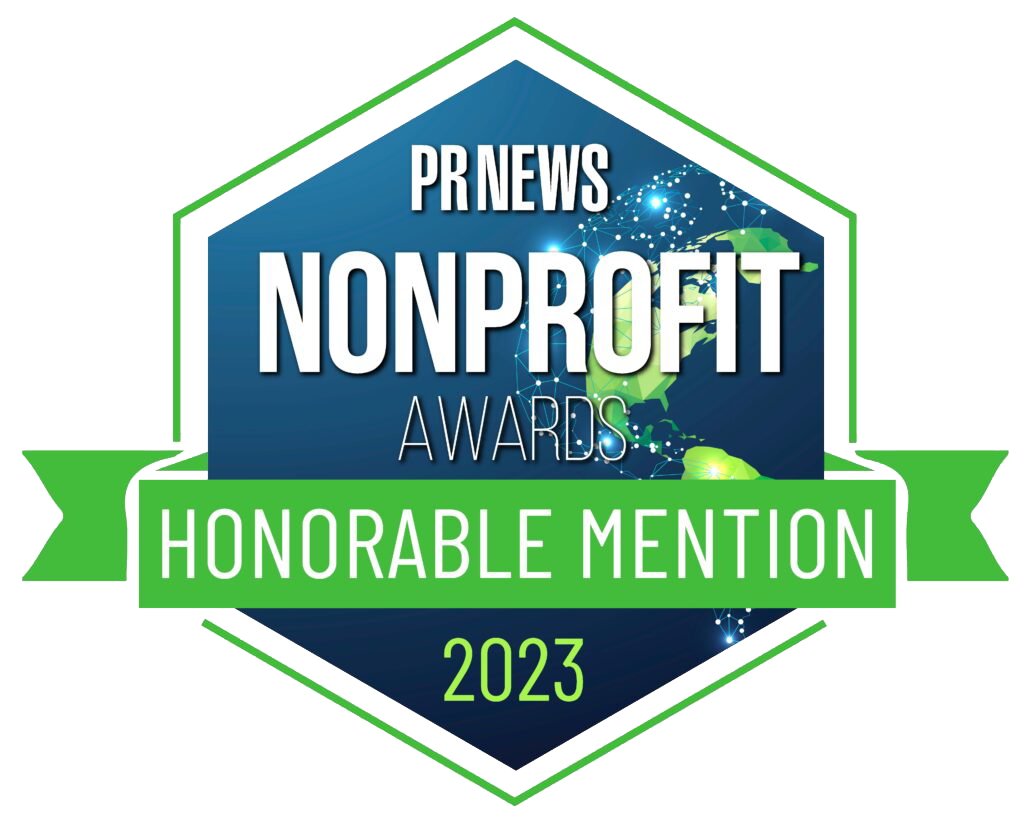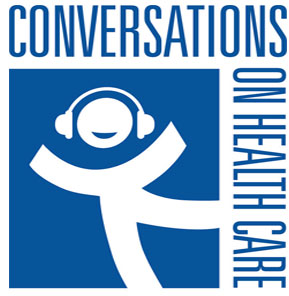MONDAY, MARCH 19, 2018
Health Disparities by Zip Code, Race and Poverty: Stanford's Raj Chetty Continues to Find Links
This week, hosts Mark Masselli and Margaret Flinter speak with renowned Stanford economist Dr. Raj Chetty on his seminal work linking zip code, poverty and health and economic disparity. Dr. Chetty has mined large data sets from the US Census Bureau and public tax information to confirm the undeniable link between poverty, race and the lack of upward mobility, as well as a widening gap in life expectancy between the rich and poor in America.
MONDAY, MARCH 12, 2018
Louisiana Health Secretary Rebekah Gee on Tech-Driven Solutions to Storm Preparedness Developed After Katrina and How Expanded Medicaid Coverage Has Improved Population Health
This week hosts Mark Masselli and Margaret Flinter speak with Dr. Rebekah Gee, Louisiana Health Secretary on the state's improved storm preparedness plans based on lessons learned from the devastation in the wake of Hurricane Katrina. She talks about the robust state-wide electronic health record system created after the storm including a statewide data base of vulnerable populations for better evacuation strategies, what they've shared with other states facing weather disasters, and how expanded Medicaid has dramatically improved access to primary and preventive care in Louisiana, yielding better health outcomes.
MONDAY, FEBRUARY 26, 2018
On a Quest to Save 100 Million Lives, Former CDC Director Dr. Tom Frieden on His New Global Venture
This week, hosts Mark Masselli and Margaret Flinter speak with former Director of the Centers for Disease Control and Prevention, Dr. Tom Frieden on his new role as CEO of Resolve To Save Lives, committed to saving 100 million lives globally by focusing on cardiovascular disease and epidemics. This project, sponsored by Vital Strategies, seeks to improve prevention efforts around the world, and better track and monitor infectious disease outbreaks that can lead to deadly pandemics.
MONDAY, FEBRUARY 19, 2018
Cleveland Clinic Innovations Executive Director Peter O'Neill on their Innovation Strategy
This week, hosts Mark Masselli and Margaret Flinter speak with Peter O'Neill, Executive Director of Cleveland Clinic Innovations, the commercialization branch of Cleveland Clinic dedicated to bringing clinicians' inventions to the marketplace. Mr. O'Neill discusses the system that supports the clinicians/inventors, Cleveland Clinic's global expansion, and their annual list of technologies that will disrupt health care.
MONDAY, FEBRUARY 12, 2018
Where Will Healthcare be in 2020? Thomas Jefferson University's Dr. Steve Klasko Breaks Down His Vision of Healthcare Disruption
This week, hosts Mark Masselli and Margaret Flinter speak with Dr. Stephen K. Klasko, President and CEO of Thomas Jefferson University and Jefferson Health System, on his efforts to transform health care. Dr. Klasko made bold changes to the University and its hospitals by implementing a startup mentality and making innovation a priority among the academic and clinical departments. He also discusses how creativity and compassion are the keys to that innovation and breaks down the next steps needed to transform the industry.
MONDAY, FEBRUARY 5, 2018
Stanford Medicine Dean Lloyd Minor on Apple Heart Study, Biomedical Revolution and Precision Health
This week, hosts Mark Masselli and Margaret Flinter speak with Dr. Lloyd Minor, Dean of the Stanford School of Medicine, on his strategic plan for advancing 21st century biomedicine. He discusses the transformation underway in health care using data, artificial intelligence and telehealth protocols to support health industry transformation, and how all of this will impact medical education in the future.
MONDAY, JANUARY 29, 2018
Renowned Addiction Specialist, Dr. John F. Kelly of Massachusetts General on Treating Addiction as a Chronic Disease
This week, hosts Mark Masselli and Margaret Flinter speak with Dr. John F. Kelly, renowned addiction expert and Founder and Director of the Recovery Research Institute at Massachusetts General Hospital and Professor of Psychiatry at Harvard Medical School. Dr. Kelly has done extensive research on evidence-based treatments for addiction disorders and recommends a comprehensive, chronic disease management approach to addiction treatment and recovery.
MONDAY, JANUARY 22, 2018
Two Community Health Centers Almost Destroyed Rise Up to Serve Their Communities: Puerto Rico and California
This week hosts Mark Masselli and Margaret Flinter speak with two community health center directors, Naomi Fuchs of Santa Rosa Health in Northern California, and Gloria Amador of Salud Integral en la Montana in Puerto Rico, who both experienced severe devastation in the wake of massive hurricanes in the Caribbean and wild fires in Northern California. They both share their experiences of continuing to deliver care to their patient populations in spite of harrowing conditions and massive destruction, and how they hope to rebuild.
MONDAY, JUNE 27, 2016
Dr. Robert Zarr, ParkRx Advisor, National Park Service
This week, hosts Mark Masselli and Margaret Flinter speak with Dr. Robert Zarr, pediatrician at Unity Health in Washington, DC and founder of the ParkRx movement, which seeks to help patients achieve optimal health by prescribing the use local park spaces. Dr. Zarr discusses the science behind the movement and the development of a national data base for clinicians around the country to prescribe park time for improved mental health, physical wellbeing and reduced obesity rates among their patients.
MONDAY, JANUARY 13, 2014
Dr. Robert Pearl, CEO of the Permanente Medical Group
This week, hosts Mark Masselli and Margaret Flinter speak with Dr. Robert Pearl, Executive Director and CEO of the Permanente Medical Group, the largest medical group in the nation. Dr. Pearl discusses their use of pre-paid health care, system-wide electronic medical records and data mining to improve care and contain costs.
WEDNESDAY, FEBRUARY 23, 2011
Dr. David Kindig, professor in the Department of Population Health Sciences at the University of Wisconsin-Madison and senior advisor to its Population Health Institute.
Conversations on Health Care® focuses this week on using population health data to improve the health of our communities. Mark Masselli and Margaret Flinter speak with Dr. David Kindig from the University of Wisconsin’s Population Health Institute about the factors that influence health outcomes for a community, and how we can use data to drive changes in policy and practice.











